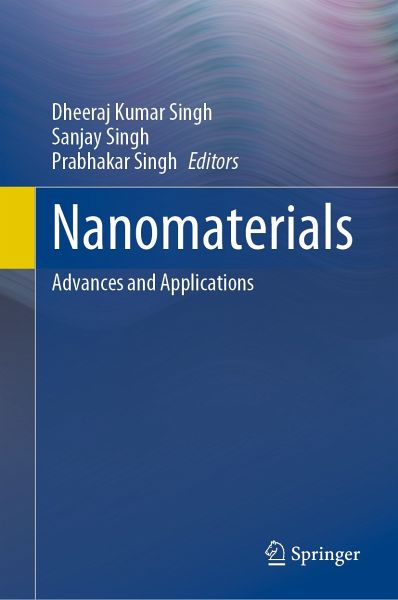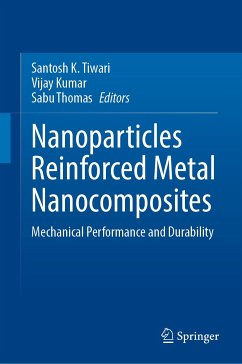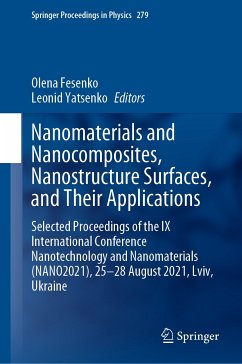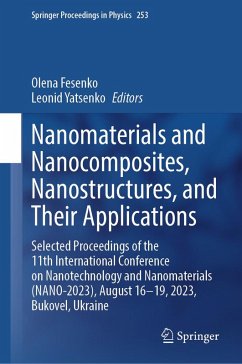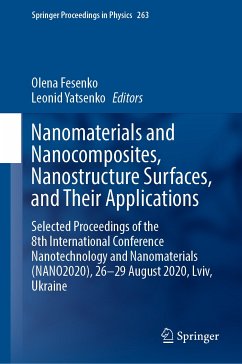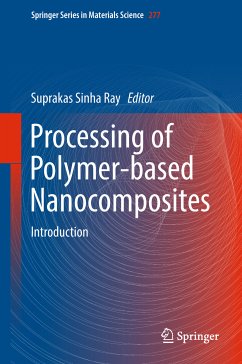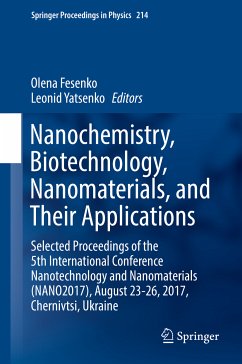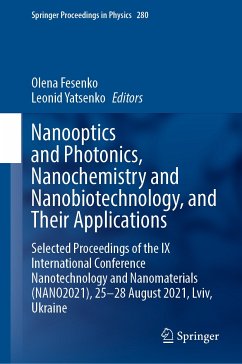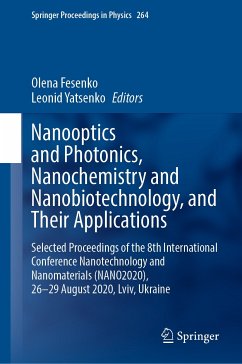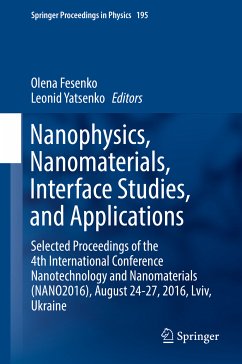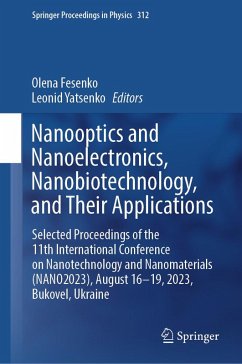Dr. Dheeraj Kumar Singh received his Ph.D. degree in Physics from Banaras Hindu University (BHU), Varanasi, India in 2010. Dr. Singh was subsequently a CSIR-Nehru Post-doc at NCL Pune, NRF post doc at Seoul, South Korea, and prestigious Alexander von Humboldt (AvH) post doc Fellow in Germany. Dr. Singh was also awarded the prestigious international award of JSPS fellowship, Japan, Dr. DS Kothari Post-doc fellowship, CSIR-SRF, UGC- Meritorious fellowship (RFSMS), etc. Currently, Dr. Singh is working as Assistant Professor of Physics at IITRAM Ahmedabad. His research group is mainly focused on Frequency and time domain Spectroscopic tencinques, their developments and applications on Ionic Liquids, Biomolecules, Functionalized Nanomaterials, Molecular Interactions, reneable enregy based materials etc. Moreover, he has written many Book chapter and have the patent granted by the USA. He has organized many workshops and conference on Functional Molecules and Materials. Dr. Singh has Edited 2 Book in Springer Nature as a corresponding Editor. Dr. Singh has been awarded the prestegious ECR project grant by SERB-DST Government of India and DST-Inspire project for his PhD student. Dr. Singh has published more than 75 reserch papers in international journal of repute. Dr Sanjay Singh is currently working as Scientist - F at DBT-National Institute of Animal Biotechnology (NIAB), Hyderabad, India. Dr Singh obtained his PhD degree from CSIR-National Chemical Laboratory, Pune, India. He worked as a postdoctoral research fellow at the Burnett School of Biomedical Sciences, University of Central Florida, Orlando and at the Department of Pharmacology, College of Medicine, Pennsylvania State University, Hershey Pennsylvania, USA. Subsequently, Dr Singh worked at Ahmedabad University, Ahmedabad, India as Assistant Professor (2012 - 2017) and Associate Professor (2017 - 2021) and worked on novel inorganic nanozymes exhibiting catalytic activities and multifunctional drug delivering nanocarriers. Dr Singh has published 95 international peer-reviewed scientific research papers, 19 book chapters, and 4 edited books in the area of Nanobiotechnology and Nanomedicines. Dr Singh has been bestowed with several international awards including the prestigious Endeavour Research Fellowship, Yamagiwa-Yoshida Memorial international grant award, International Association of Advanced Materials Scientist Medal, and EMBO fellowship. Dr Singh has also attracted several research grants from national and international funding agencies. Prabhakar Singh, Ph.D. (University of Muenster Germany) is Professor in the Department of Physics, Indian Institute of Technology (Banaras Hindu University) Varanasi. He completed his M.Sc. in Physics and M.Tech. in Materials Science and Technology from Banaras Hindu University, Varanasi. He is graduated from Udai Pratap College, Varanasi. Prof. Singh has served as Assistant Professor in Udai Pratap College Varanasi and Indira Gandhi National Open University (IGNOU) New Delhi for more than 8 years. He joined Institute of Technology, Banaras Hindu University in 2007 as a Reader / Associate Professor. He became Professor of Physics in September 2015 at IIT (BHU) Varanasi. With more than two decades of teaching and research experiences, he has more than 130 peer reviewed international publications, 7 book chapters and 1 monograph to his credit. His research interests include physics of materials for energy applications such as solid oxide fuels cells, Solar cells and piezoelectric/dielectric. He has supervised 12 PhD and 15 master students for their Ph.D. and master theses, respectively and mentored several postdoctoral fellows under various national fellowship schemes. Prof. Singh has completed successfully six externally funded projects as principal investigator and currently two externally funded projects are running under his principal investigatorship. Prof. Singh has visited several countries to carry out his academic and research works and has many international collaborations. He is member of many national and international professional societies. He has attended more than 50 national and international conferences and delivered invited talks.
